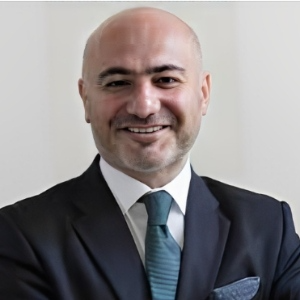Title : Relationship of glycemic status, arterial hypertension and macrovascular complications: Results of a multicenter cohort study
Abstract:
Aim: To study the relationship between glycemic controls, arterial hypertension (AH) and macrovascular complications in patients with type 2 diabetes mellitus (T2DM). Methods: 528 patients with T2DM, aged 30–69 years (30.5% men, 69.5% women) were included in the clinical and epidemiological study. Values of glycohemoglobin ≥7% were regarded as diabetic decompensation. All patients were conducted a survey, clinical examination, measurement of atropometric and hemodynamic parameters, ECG at rest and ECHO CG. In addition, we determined the carotid intima-media thickness (IMT), the ankle-brachial index, as well as the form and extent of blood flow disorders in the vessels segments of the lower extremities. Cardiovascular diseases are verified by survey, clinical examination and medical records. Results: With inadequate control of diabetes, AH was more common (83.5%), and the severity of AH was significantly more significant (p = 0.023), ECG and EchoCG showed signs of left ventricular hypertrophy. A prolonged antihypertensive therapy was taken by a small proportion of patients, in most cases in the form of a course of treatment and during a rise in BP. In this group of patients, more angina was detected (according to a survey - 7%), ECG signs of CAD (26.7%), EchoCG signs of aortic atherosclerosis (46.7%), myocardial infarction (6.1%) and its ECG signs (37 , 1%), as well as hypokinesis (33.3%) and akinesis (21.0%). Poor glycemic control was associated with frequent occurrence of rhythm disturbances (22.2%), CHF (40.0%), diastolic (54.9%) and systolic dysfunction (20.6%). Stroke (5.2%), severe degrees of stenosis of the carotid arteries increased with decompensation of diabetes, an increase in the IMT was also noted. In the lower limbs, the main type of blood circulation was determined, severe stenosis increased at the periphery, impaired blood flow was noted mainly in the subcompensation stage, and in the popliteal ankle segment also in the decompensation stage. Conclusion: In cases of the inadequate glycemic control in patients with T2DM, macrovascular complications and hypertension were recorded more frequently. This circumstance indicates increased glycemic control and prevention of CVD



